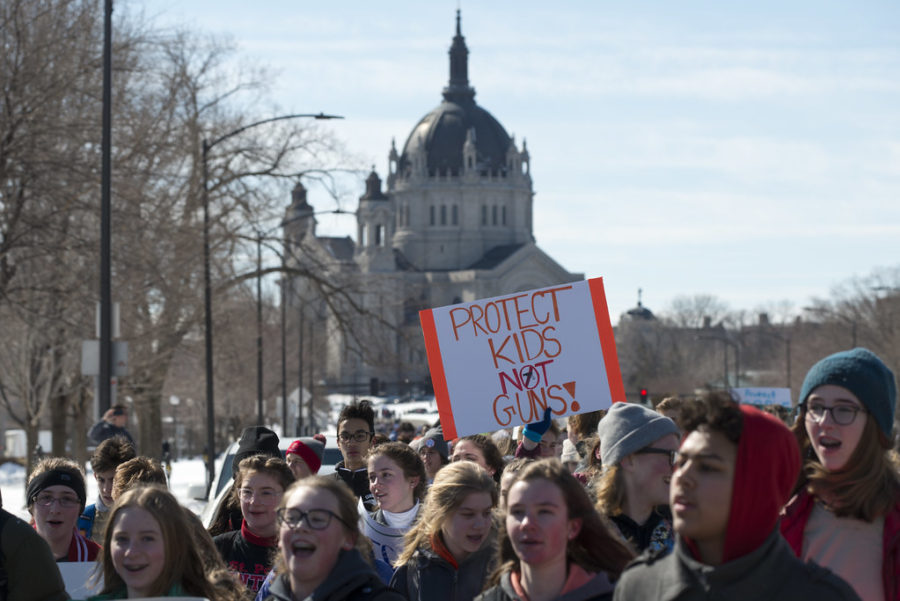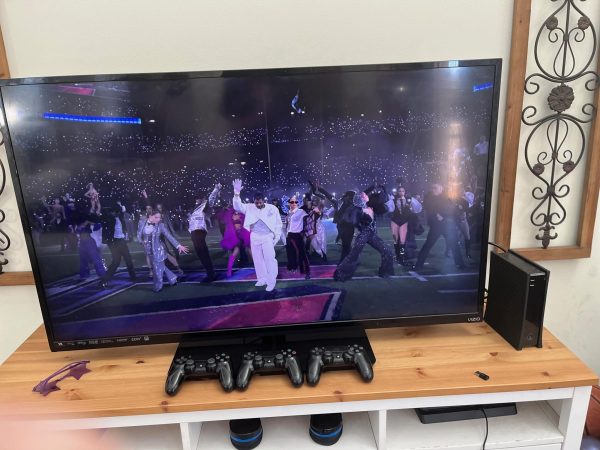Back to School Issue: Bipartisan Safer Communities Act Addresses Mental Health with Gun Regulations
The first federal law addressing guns since 1994 with the Federal Assault Weapons Ban.
Photo Fibonacci Blue/Creative Commons
“March For Our Lives student protest for gun control” by Fibonacci Blue is licensed under CC BY 2.0.
August 5, 2022
The Bipartisan Safer Communities Act, which is meant to address the current issues of gun violence and mass shootings currently afflicting the nation, was signed into law on June 25, 2022 after passing through the legislature with bipartisan support.
Originally introduced with alternative intentions, the bill shifted focus to gun regulations by way of various amendments tacked onto it following the two deadly mass shootings: he supermarket in Buffalo, NY and Robb Elementary School in Uvalde, Texas.
Some lawmakers claim this bill attacks the Second Amendment. However, it only closes loopholes in existing gun regulations. New gun laws were added, specifically: background checks for those under 21 and closing the “boyfriend loophole” (preventing those who have been charged with domestic violence in dating relationships from buying any firearms for five years).
A big part of this law is mental health and keeping schools safe. The Department of Education will provide states with funds to make safety programs, crisis intervention programs and training on suicide prevention and human trafficking, as well as schools with grants for mental health services.
“…the Biden-Harris Administration has a head start on efforts to break down barriers faced by school-based health providers in delivering mental health supports and services to students in need. Educators, families, students, and communities should be full partners in the implementation of this bill.” U.S. Secretary of Education Miguel Cardona said in a statement.
Robinson students aren’t strangers to lockdowns revolving around gun threats. Oct. 2019 and May 2022 found students in lockdowns and lock-ins to protect themselves. Even though no violence occurred during either situation, panic settled in.
“I think that it’s impossible to prepare students for a shooting threat. Even with the countless drills I’ve gone through since elementary [school], when we faced a real lockdown I was clueless and scared.” Aniyah Ritch (’25) said.
This bill provides a start to fixing what is considered a major problem afflicting school-age teenagers.
“Unlike previous acts, this one has a strong emphasis on mental health. Providing quality school-based mental health services, it not only nips gun violence problems in the bud for future generations but also assists children that cannot afford to get that support.” Ritch said.






















